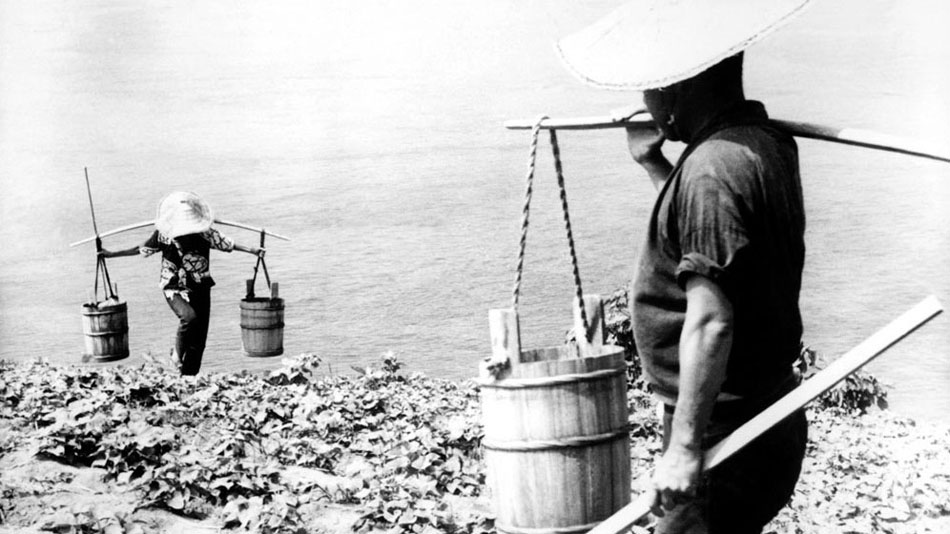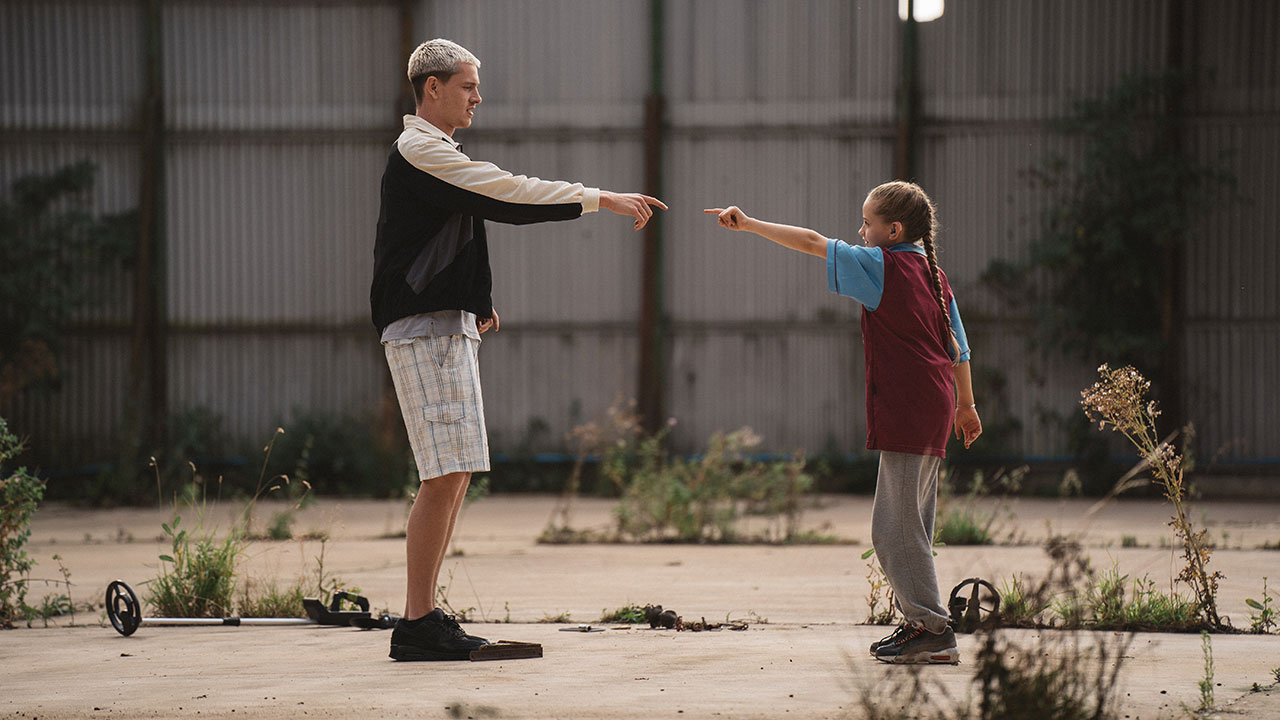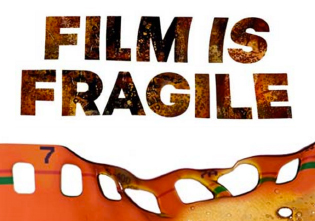Two Masters of Japanese Cinema:
Kaneto Shindo & Kozaburo Yoshimura:
Part One

As Japanese director Kaneto Shindo celebrates his centenary, we pay tribute both to him and his close collaborator Kozaburo Yoshimura. Read more
Synopsis
As Japanese director Kaneto Shindo celebrates his centenary, Alexander Jacoby introduces this two-month tribute both to Shindo and his close collaborator and fellow director, Kozaburo Yoshimura.April 2012 marks the 100th birthday of Kaneto Shindo, one of the leading talents in postwar Japanese film. A versatile director, skilled screenwriter and pioneer of independent production, Shindo has astonishingly remained active into very recent years, releasing his latest film, Postcard, at the age of 98. This retrospective pays tribute both to Shindo himself and to his friend, colleague and contemporary Kozaburo Yoshimura (1911-2000), one of the neglected masters of classical Japanese film.
Under contract to Shochiku studios as respectively director and screenwriter, Yoshimura and Shindo initiated a fruitful collaboration with The Ball at the Anjo House (1947), a Chekhovian study of the decline of the pre-war aristocracy, which scooped the top prize in the critics' poll conducted that year by the leading Japanese film magazine, Kinema Junpo. But both men found their creativity inhibited at Shochiku, and by the early 1950s had established their own independent production company, Kindai Eiga Kyokai. Here, with Yoshimura often serving as his producer, Shindo began to direct a sequence of politically conscious films, tackling issues ranging from the atomic bomb in Children of Hiroshima (1952) to urban poverty in The Gutter (1954).
Meanwhile, at another major studio, Daiei, Yoshimura achieved a new reputation as the director of a sequence of outstanding films about women in the changing post-war Japan, including such little-known gems as Clothes of Deception (1951) and Sisters of Nishijin (1952), which earned him comparison with Mizoguchi for his sensitive exploration of female experience. Working from Shindo's carefully constructed scripts, he created some of the Japanese studio system's most revealing accounts of social change in a rapidly modernising and Westernising Japan.
This two-part retrospective presents a selection of major works by both directors. June's programme focuses primarily on the 1950s, the period when their collaboration was at its closest. Straddling the studio system and independent production, and encompassing a broad variety of styles and genres, Yoshimura and Shindo's oeuvres together constitute a revealing social history, and include some of the Japanese cinema's most powerful and moving films.
Alexander Jacoby acknowledges the curatorial co-operation of Johan Nordström in the planning of this season, which is co-organised by The Japan Foundation. Season supported by the Great Britain Sasakawa Foundation.
Calendar
Programme changes
Updates to the printed BFI Southbank Guide.
BFI Southbank’s new programme structure
Find out more about recent changes to our programme of films and events.
Help protect our nation’s film collection.

BFI Membership
Become a BFI Member from £39 to enjoy priority booking as well as other great benefits all year round.
Join today


